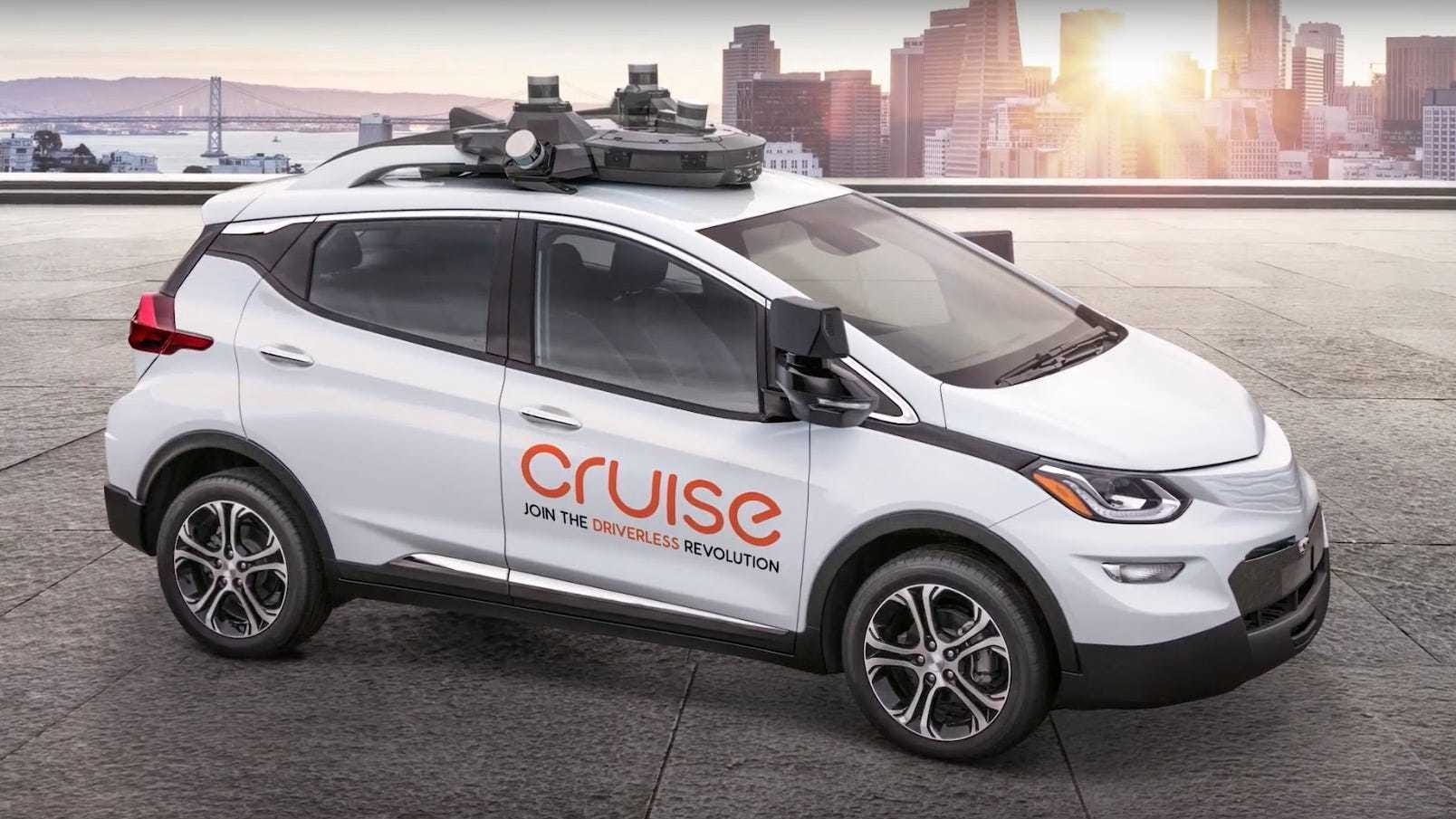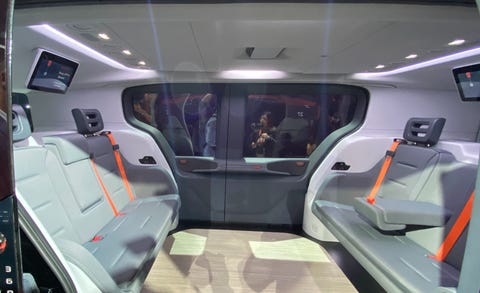GM’s Cruise is urging the US administration to push the autonomous car sector. Recently, Joe Biden’s proposal of $174 billion for EV plans doesn’t specifically include self-driving cars.

Additionally, not only the US regulators didn’t approve of driverless autonomous driving cars. But also the limited number of cars included in the approvals doesn’t push for more self-driving cars on the US roads.
China is ahead
In a letter written by the chief executive of Cruise, Dan Ammann asks Joe Biden to include more self-driving cars for companies. It further states that those companies which don’t violate the rule of having human drivers for self-driving cars should be allowed to launch more cars on roads.
As said by Reuters, the letter included, “China’s top-down, centrally directed approach imposes no similar restraints on their homegrown AV industry. We do not seek, require or desire government funding; we seek your help in leveling the playing field,”. And citing research, he further added, “AVs are estimated to create and sustain 108,000 jobs over the next five years.”
Though it isn’t written in the document, it is well known that Europe and the UK are also among the top countries to go for self-driving cars. Moreover, affordable safe self-driving cars are not in the market yet. Why the countries are going for autonomous cars is considering the number of accidents caused yearly by drunk or asleep drivers.
However, China is an important competition. Chinese automakers except AutoX haven’t gone so far as testing their cars without drivers.
Approvals
For years Waymo and other autonomous vehicles have been working not only on technology but also getting approvals. With Senators John Thune and Gary Peter’s support, they have been using around for easing rules related to autonomous vehicles.
And for this, the companies have been using the US competitiveness towards China. Though in theory, China doesn’t allow advanced testing of autonomous vehicles. In February 2021 the country’s government stated it’s opened towards autonomous vehicles. However, China took its development in autonomous vehicles as added value to become the game-changer in the automobile industry. (Implying to be better than the US automobile industry)
In the US, NHTSA approved 15,000 self-driving cars initially, which was to increase to 80,000 cars in the coming three years.
Furthermore, the letter by Ammann included, “Without your support and congressional action to revise these self-imposed barriers, the U.S. AV manufacturing industry will lag, AI development will stall, and our foreign competitors will race ahead.”

In the past, Cruise Origin mentioned that they are going to apply for approvals to have their cars on roads without steering wheel or pedals. Backed by GM and invested by Honda Motor, the developed autonomous car has two long seats placed opposite to each other. Manufacturing is to start by 2023.











